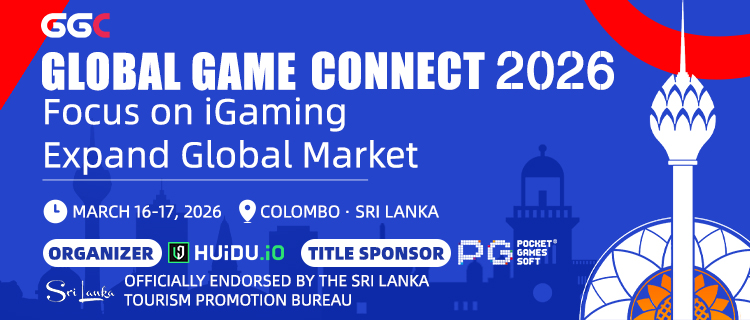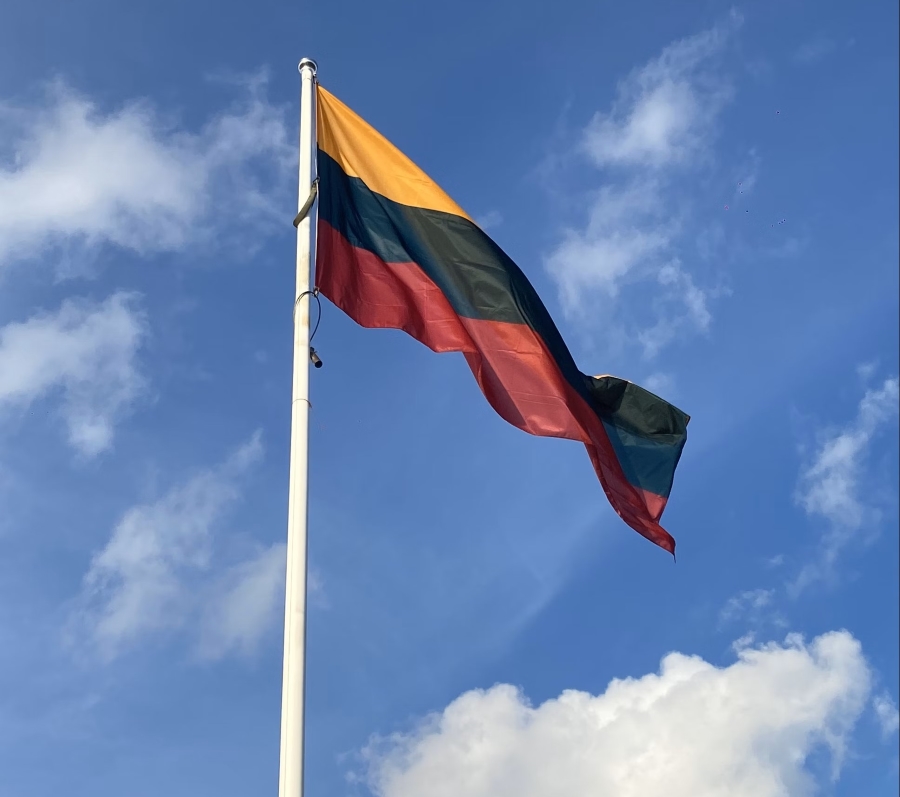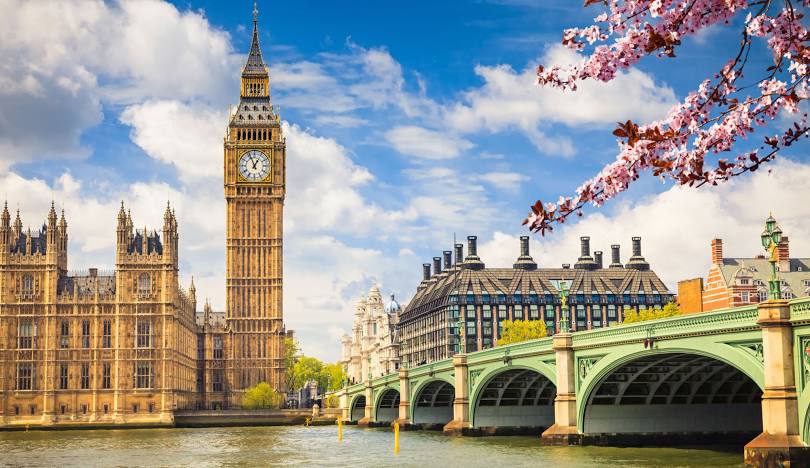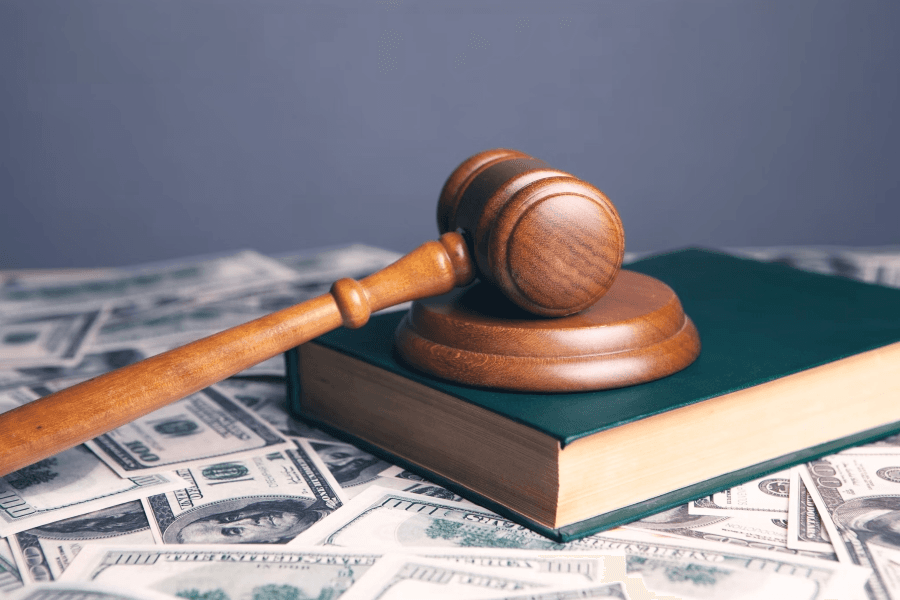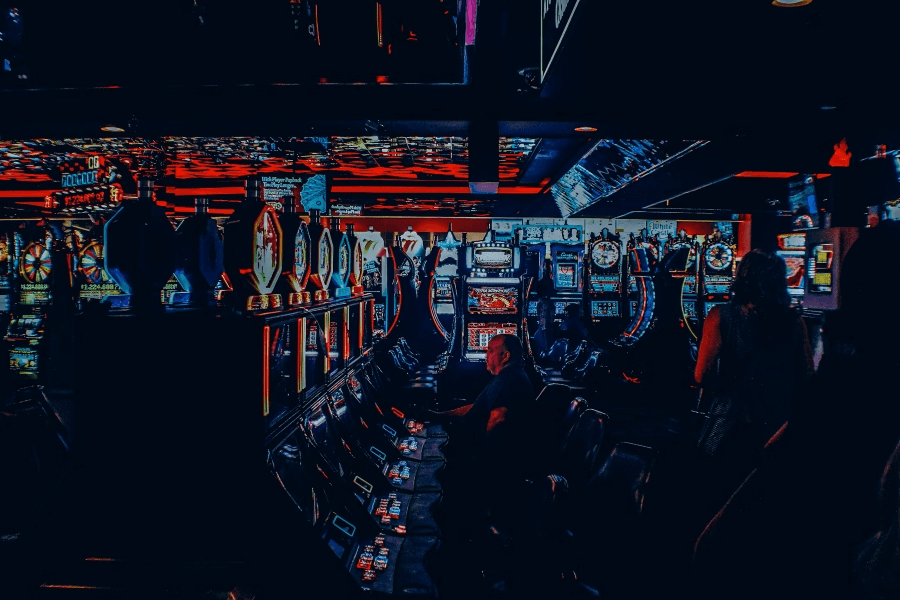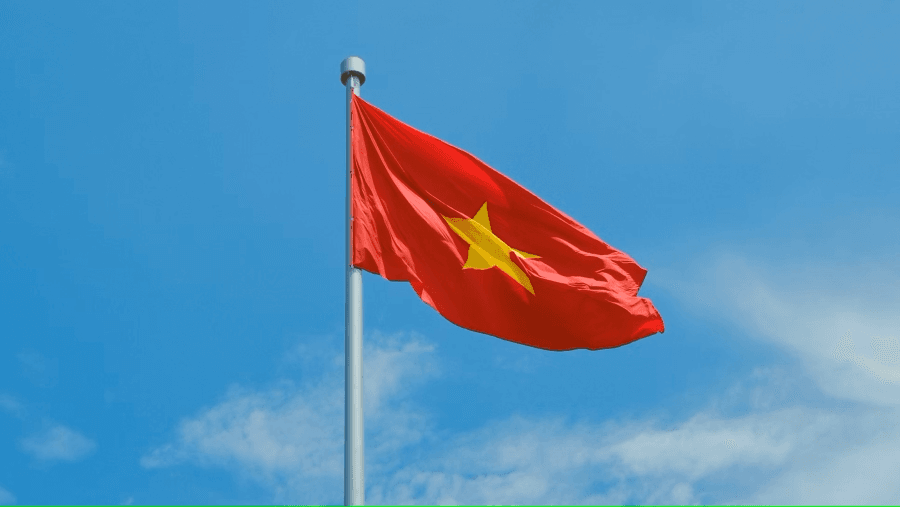Brazilian Workers’ Party leader Lindbergh Farias introduced a new bill (PL 5,076/2025) on October 9, proposing to double the national gambling tax rate from 12% to 24%. The proposal came just one day after a previous interim measure (PM 1,303) — which sought to raise the rate to 18% — was withdrawn from the Chamber of Deputies, signaling the government’s continued determination to pursue higher taxation.
Bill Overview and Legislative Intent
According to the bill, the additional revenue generated from the 24% tax rate will be specifically allocated across several public sectors.
Half of the funds would be directed toward social security and public health initiatives, supporting Brazil’s national healthcare system, while the remaining portion would be distributed among sports, culture, and other public programs.
The proposal also notes that even with a 24% rate, Brazil’s gambling tax remains below that of countries such as France and Germany.
The bill frames the move as part of a broader public health and social responsibility approach, defining gambling as an activity “harmful to health and family finances.” It states:
“The growing number of bets has been accompanied by a range of social and economic problems. What begins as entertainment may ultimately lead to gambling addiction.”
By raising the tax rate, the government aims both to reduce the attractiveness of gambling and to channel more funding into the healthcare system, reflecting a harm-reduction strategy in public policy.
Political Context and Market Implications
This marks the second attempt by the Brazilian government in recent months to raise gambling taxes. The previous interim measure, PM 1,303, sought a 50% tax increase but was withdrawn prior to a congressional vote last week. Its failure raised doubts about the Workers’ Party’s ability to advance its fiscal agenda.
The new proposal represents a renewed push to strengthen revenue collection.
According to Comscore’s 2023 report, Brazil ranks as the third-largest gambling market in the world, following the United States and the United Kingdom. If approved, the doubled tax rate would have a major impact on Brazil’s gaming industry, potentially increasing operational costs, affecting market pricing, and influencing consumer behavior.
The bill will now proceed through Brazil’s legislative process, requiring approval from both the Chamber of Deputiesand the Senate. Given the earlier withdrawal of PM 1,303, the outcome remains uncertain.



 2025-10-17
2025-10-17
